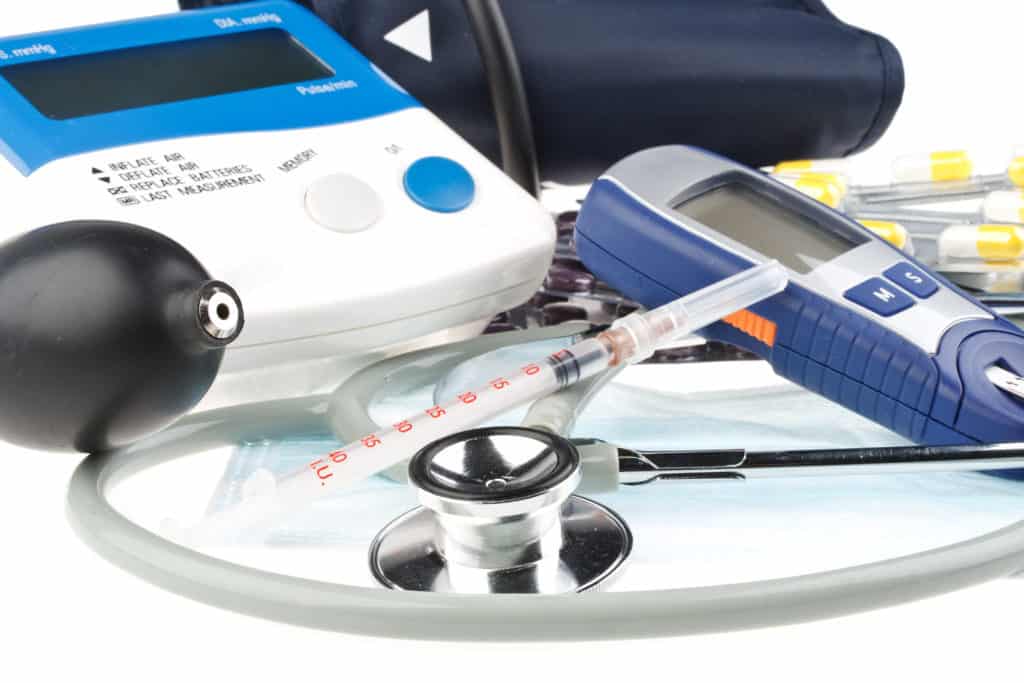In the final weeks before adjournment, the House will vote on a $6.3-billion bill that would make it easier for medical-device and drug companies to get approval for their products. The bill would also provide money for opioid addiction and biomedical research, according to a report from the Wall Street Journal.
The legislation includes provisions based on a bill previously passed by the House which improves patient access to treatment for mental health conditions.
The vote is scheduled for Wednesday, although legislators say some sections of the bill may be negotiated and the provisions are not final.
Republicans have long been in favor of streamlining the FDA (Food and Drug Administration) approval process to provide patients with access to new treatment and therapies.
Critics of the bill say the language may make it more difficult for the FDA to keep unsafe drugs and devices off the market.
The bill would provide an increase in funding for the FDA and the National Institutes of Health (NIH). Money would also be provided for opioid treatment, and the measure would expand coverage for mental health issues. The medical device and drug industries would also benefit from the bill’s FDA-related provisions.
The NIH would receive an additional $4.8 billion in funding over ten years for medical research, and $1 billion would be provided for the treatment and prevention of opioid addiction. Funding for the FDA would be increased by $500 million.
President Obama is expected to sign the bill if leading Democratic senators are on board.
Some provisions have successfully been removed by Democrats, such as those that tilt heavily toward industry.
The bill has been endorsed by PhRMA, a drug-industry group, and AdvaMed, advocacy group for the medical device industry.
The mental health provisions of the bill would provide funds for the treatment of mothers with postpartum depression and the homeless. A grant program would also be created to provide treatment to children with signs of mental illness.
Other provisions in the bill have sparked controversy. Some consumer advocates claim the legislation would allow products to be approved with smaller studies and expand the types of evidence permitted for drug approvals.
Critics of these provisions say the bill will weaken the FDA’s standard that drugs should only be approved after extensive clinical studies.
Senators Chuck Grassley, Bernie Sanders and Elizabeth Warren have all expressed their opposition to the bill.
Proponents of the bill argue that the measure will give patients quicker access to “treatments and cures.”



